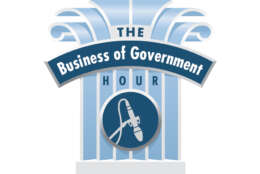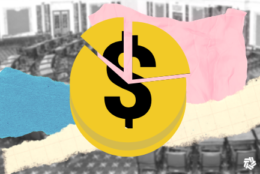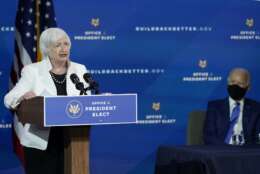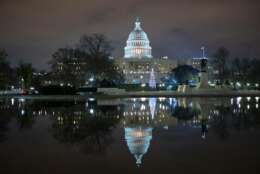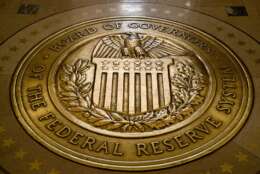Treasury Department
-
What are some of the key trends in government technology? How are government agencies such as the IRS using emerging technologies to meet their missions? How can industry and government collaborate more effectively? Join host Michael Keegan as he explores these questions and more with Harrison Smith Director, Enterprise Digitalization at Internal Revenue Service and President of the ACT Executive Committee?
March 08, 2021 -
As more agencies begin exploring how artificial intelligence can benefit their missions, one question keeps coming up: how to prioritize the potential use cases to get the best return on investment, and best serve their constituents?
March 01, 2021 -
Will the office ever look the same once the pandemic is over? One small agency surveyed its employees and supervisors about telework, and here's what they had to say.
February 22, 2021 -
Agencies considering long-term implications of a partially remote or hybrid workforce, everything from recruitment and professional development to leased space and locality pay.
February 11, 2021 -
The Treasury Department’s Bureau of the Fiscal Service is testing out if artificial intelligence can streamline the annual appropriations process and get money to agencies sooner.
February 09, 2021 -
The Trump administration left open more non-competitive positions near the end of its four years in office compared to the two previous terms. Some of those vacancies persisted, with the tenure of acting leadership outlasting that of permanent appointees at several key positions.
January 27, 2021 -
Janet Yellen has been confirmed as President Joe Biden’s treasury secretary in an overwhelming Senate vote
January 25, 2021 -
Here are a few encouraging takeaways for the federal workforce after the end of a strenuous year.
January 01, 2021 -
The $1.4 trillion omnibus spending package is packed with provisions that set spending and policy priorities for a variety of federal agencies in 2021.
December 21, 2020 -
Congress has passed a two-day stopgap spending bill to avert a partial government shutdown this weekend
December 18, 2020 -
Hackers broke into the networks of the Treasury and Commerce departments as part of a global cyberespionage campaign revealed just days after a leading cybersecurity firm said it had been breached in an attack that industry experts said bore the hallmarks of Russian tradecraft
December 14, 2020 -
You'd think for the way Congress appropriates the United States has unlimited money, and those trillions and trillions in debt are just academic. But budgetary policy and monetary policy are two different things.
December 11, 2020 -
A new survey from the Association of Federal Enterprise Risk Management (AFERM) shows more than 50% of the respondents say their ERM programs are either “highly engaged” or “extremely engaged.”
December 01, 2020 -
With unemployment still high and a new economic slump possible this winter, President-elect Joe Biden has announced a liberal team of economic advisers
November 30, 2020 -
Nearly a year after the governmentwide Chief Data Officers Council held its first meeting, members are looking to move agencies beyond “quick wins” and one-off solutions to build stronger data literacy.
November 03, 2020

